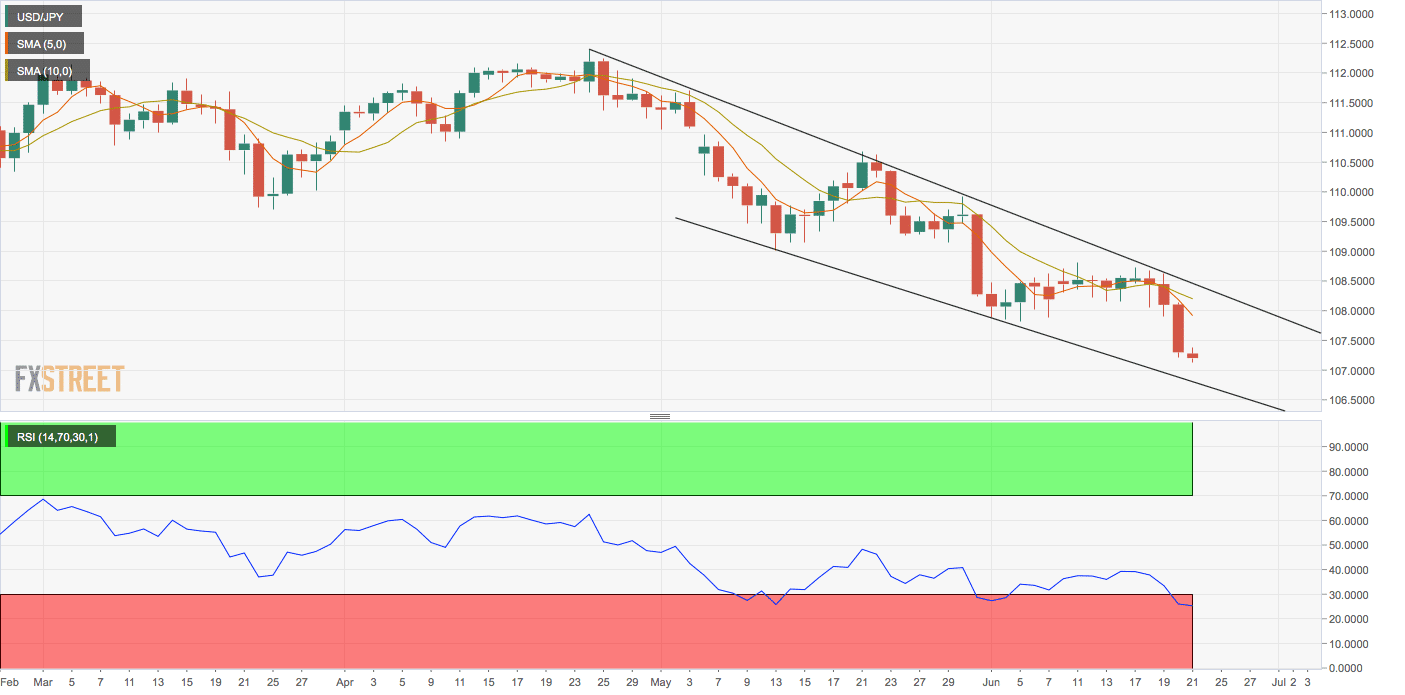

There are arguably more pleasant ways to enhance the cohesion of a team than working long into the night.

Working longer hours demonstrably leads to work of a lower quality being produced - if you’re tired, you make mistakes, and that applies to writing code, doing art, making design choices, doing rigorous testing, and every other element of making games. However, it’s also possible to provide counterpoints to the potential positive effects of crunch mentioned above There’s a “being in the trenches” mentality that promotes cohesion and lasting friendship between team mates.Ĭrunch can be paid work, or additional annual leave can be provided as part of working overtime, benefits that employees may see as being desirable (and, therefore, a net positive). Some individuals on teams report crunch being a good bonding exercise. People really care about the things they make, and some may want to put extra time into a project to get it working exactly the way they want it. If people at a studio work more hours then, quite simply, there are more hours to spend on trying to make a game better, and a better game is preferable to a less good game. The core benefits of crunch usually boil down to the following While there’s generally a consensus that crunch can be negative, which we’ll get to in a moment, there’s disagreement over whether or not crunch can have some positive effects as well (and additionally, if those positive effects are ultimately worth it). It can be smaller teams too: the indie studio with limited resources but big ideas, the passionate university students running out of time to submit their end-of-year project, the solo developer working 100 hours a week to finish their experimental masterpiece.īig or small or somewhere inbetween crunch can happen. Where does video game crunch happen?Ī really big misconception is that crunch can only happen at very large video game studios - that it’s the big bad giants of the industry with the multi-million selling franchises doing all the crunch. We’ll keep using the word “crunch” here, just bear in mind that it has multiple meanings, depending on who you ask. Our aim here isn’t to come up with a cast iron definition, instead it’s enough for the scope of this short piece to set out a variety of viewpoints so you can see for yourself that the common thread that runs through all of them is “working more hours than planned”. For some it’s “forced overtime” and others include any overtime, even if it’s theoretically “optional”. For some it’s “working long hours”, others it’s “working long hours repeatedly”. We’ve looked through dozens of articles on the subject and spoken with plenty of colleagues, and no one seems to fully agree upon a standard definition of “crunch” - it means different things to different people. Ultimately crunch is a thing that affects human beings, so by its nature much of what will be discussed is subjective and we’re not here to judge people for their feelings toward the topic - we’re just presenting some of the threads of thought on the matter and then stating our opinion. For example, we’re based in the UK, so we don’t rely on employment in order to continue receiving health insurance to cover private medical bills, a factor that might heavily influence a person’s motivations for accepting crunch in, say, the United States. Phrases that get thrown around a lot in discussions about the video games industry are “crunch culture”, “crunch time”, and “crunch crisis”.īut what is crunch in video games? In this brief blog post we’re going to gather up a lot of the thinking about it, and give our perspective.Īs a word of caution, as with any piece that features opinion, this is going to be heavily biased by our experience, our thoughts as a group of people, the past successes and failures of the studio, the way certain laws work in our country, and so on.


 0 kommentar(er)
0 kommentar(er)
